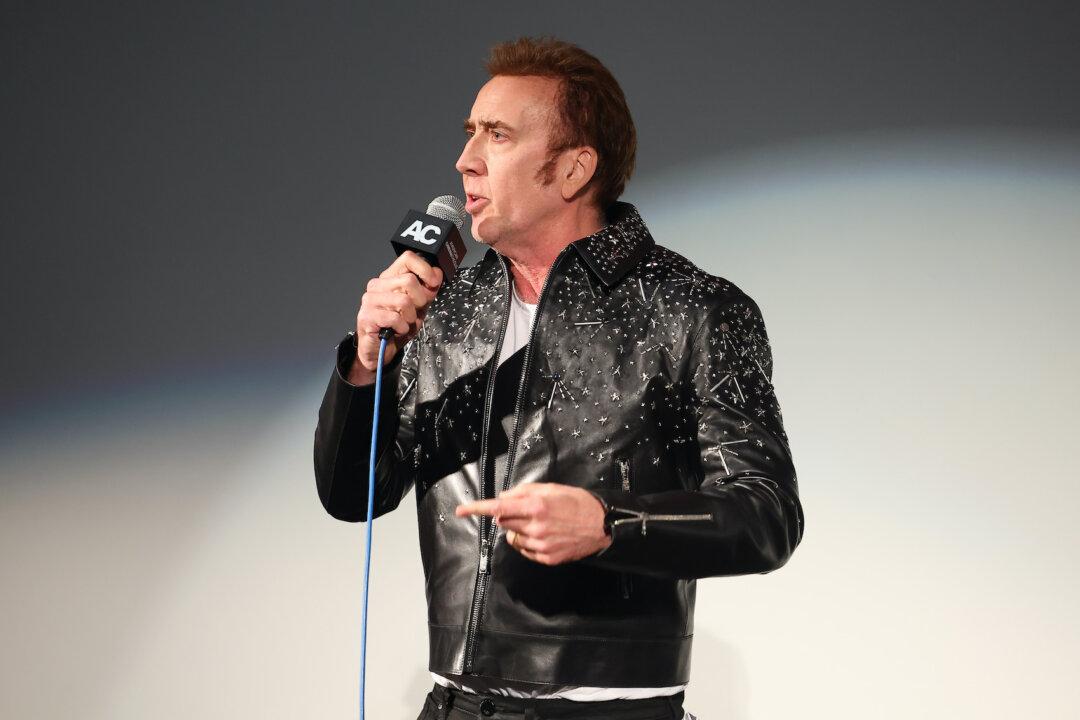Movie actor Nicolas Cage is the latest celebrity to express his concerns with artificial intelligence (AI) technology, saying he is terrified of its capabilities.
During an interview with “The New Yorker” while promoting his new horror film “Longlegs,” the 60-year-old had to cut his conversation short as he was scheduled for a “scan.”





